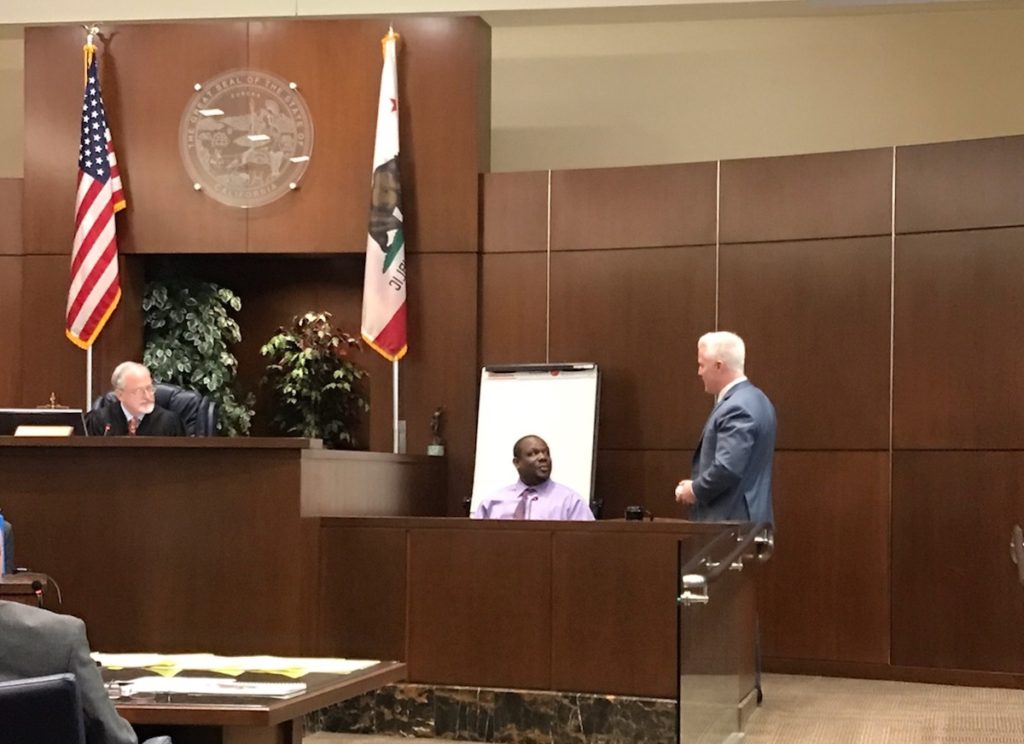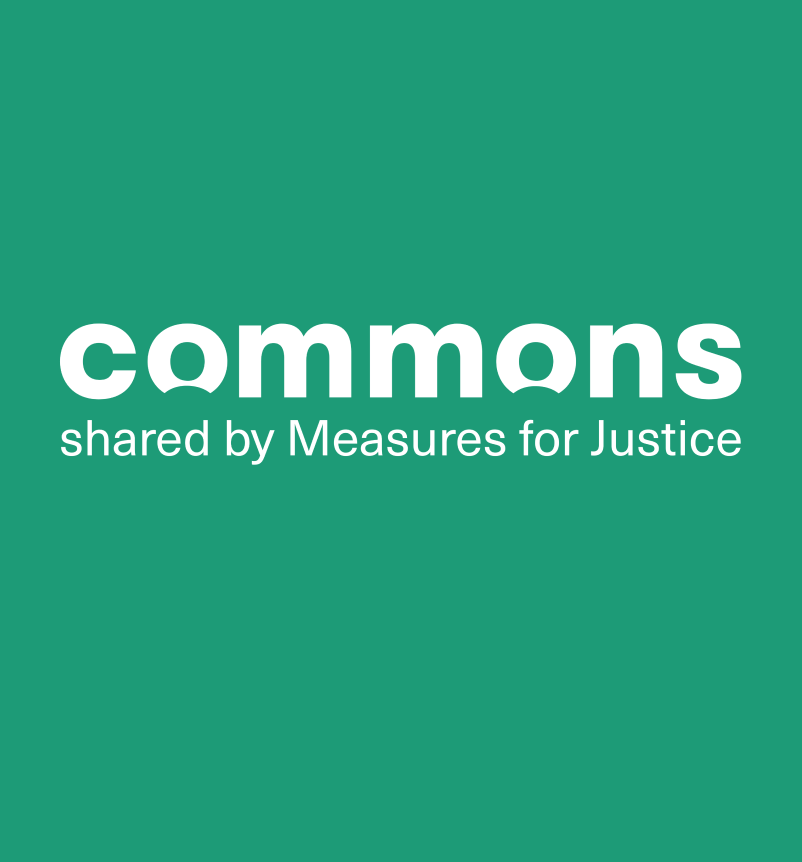(Woodland, CA) – February 19, 2020 – On February 18, 2020, 44-year-old West Sacramento man Rayshawn Taylor graduated from Mental Health Court in Department 14 of the Yolo County Superior Court. He is the twelfth participant to graduate from Mental Health Court. Mr. Taylor was arrested three times by the West Sacramento Police Department: the first for committing assault with a deadly weapon against his uncle, the second for robbery, and the third for resisting arrest. His graduation is the culmination of a years-long effort by Mr. Taylor to address issues with addiction and mental illness.
Mental Health Court (MHC) is a minimum 18-month court-based treatment and monitoring system for adult offenders with a serious mental illness. MHC is designed to increase the treatment engagement of the participants while reducing both arrests, hospitalizations, and jail time both during and after their involvement and participation in the program. The program is a collaborative effort between the Yolo County Superior Court, Probation, Health and Human Services Agency (HHSA), the Public Defender, and the District Attorney.
Recent outcome measures for MHC demonstrate the positive impact that the program has in Yolo County. Of the 65 individuals assessed during 2018/19, 27 were enrolled in one of the collaborative courts. Twenty-four of those who did not enroll didn’t qualify because they didn’t suffer from a Serious Mental Illness or they chose not to enroll. For those who enrolled, when comparing the 12 months prior to starting Mental Health Court to the 12 months after Mental Health Court, there was an 89% decrease in arrests, a 90% decrease in jail bed days, a 52% decrease in local hospital bed days, and a 100% decrease in state hospital bed days.
During the graduation, team members shared their thoughts while addressing Mr. Taylor and the court. The graduation ceremony was overseen by Judge David Rosenberg, who presides over MHC.
“When we met with you, we saw something different than what was on paper and what was in your criminal history. You changed the way that we look at our referrals. We have to give people the opportunity to show us who they are. You paved the way for a lot of people. It is never too late to change the way that you view yourself and view the world.” Probation Officer Stephen Svetich shared during his remarks at the graduation ceremony.
“You’ve done so much more than learn about your mental health and how to stay well. You’ve really made huge life changes in how you think and the way that you interact with the world, and we are all so incredibly proud of you,” said HHSA Clinical Supervisor Kristi Abbott.
Chief Deputy District Attorney Jonathan Raven’s remarks reflected on how watching Mr. Taylor succeed as an MHC participant impacted his own transformation as a prosecutor. “When I was a young Deputy District Attorney many years ago, I prosecuted a rape case. When the jury convicted I heard a gasp of relief from the victim. I thought at this moment: this is why I became a prosecutor. To help victims and get justice. Nearly 20 years later I’ve had a revelation, and this is another moment in time where I told myself ‘this is why I became a prosecutor.’ It’s because of today. It’s because of you, Rayshawn.”
After Mr. Raven delivered his remarks, District Attorney Jeff Reisig approached Mr. Taylor to give him a “game ball” to commemorate his graduation. “In the DA’s Office we give out ‘game balls’ to people who do amazing things as part of the team. You hit a home run,” Reisig said.
“I just want to thank the team, thank everyone—my friends in MHC, Stephen, my lawyer, the DA. I’m just happy to be here. I hope to continue to do good, do well. I’m glad that this day has come,” Mr. Taylor expressed.
Mr. Taylor is focusing on a full-time job as a crisis intervention worker. “I want to give people hope,” Mr. Taylor said. He will also be an active participant in MHC’s alumni program, helping to support current clients as they work through the program’s four phases.
Progression through the four phases includes increasing days of sobriety, writing a reflective essay at the end of each phase, and consistently participating in treatment. If participants stumble along the way, they may have to redo previous phases of the program based on the circumstances—however, the program is designed to allow for second chances.
To conclude the graduation, Judge Rosenberg presented Mr. Taylor with a graduation diploma. Then the team, Mr. Taylor, and those in attendance ate pizza and a cake baked by Judge Rosenberg.
###


